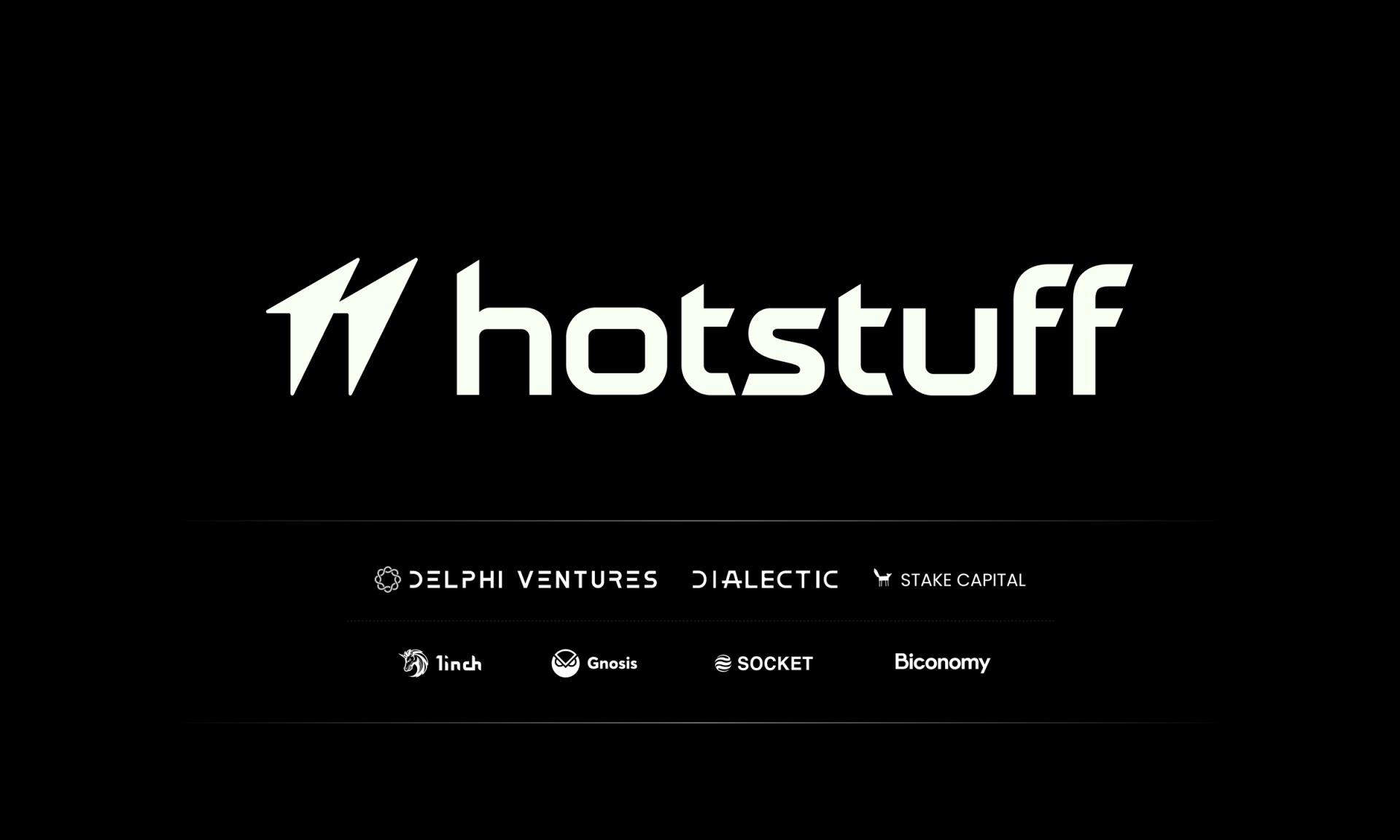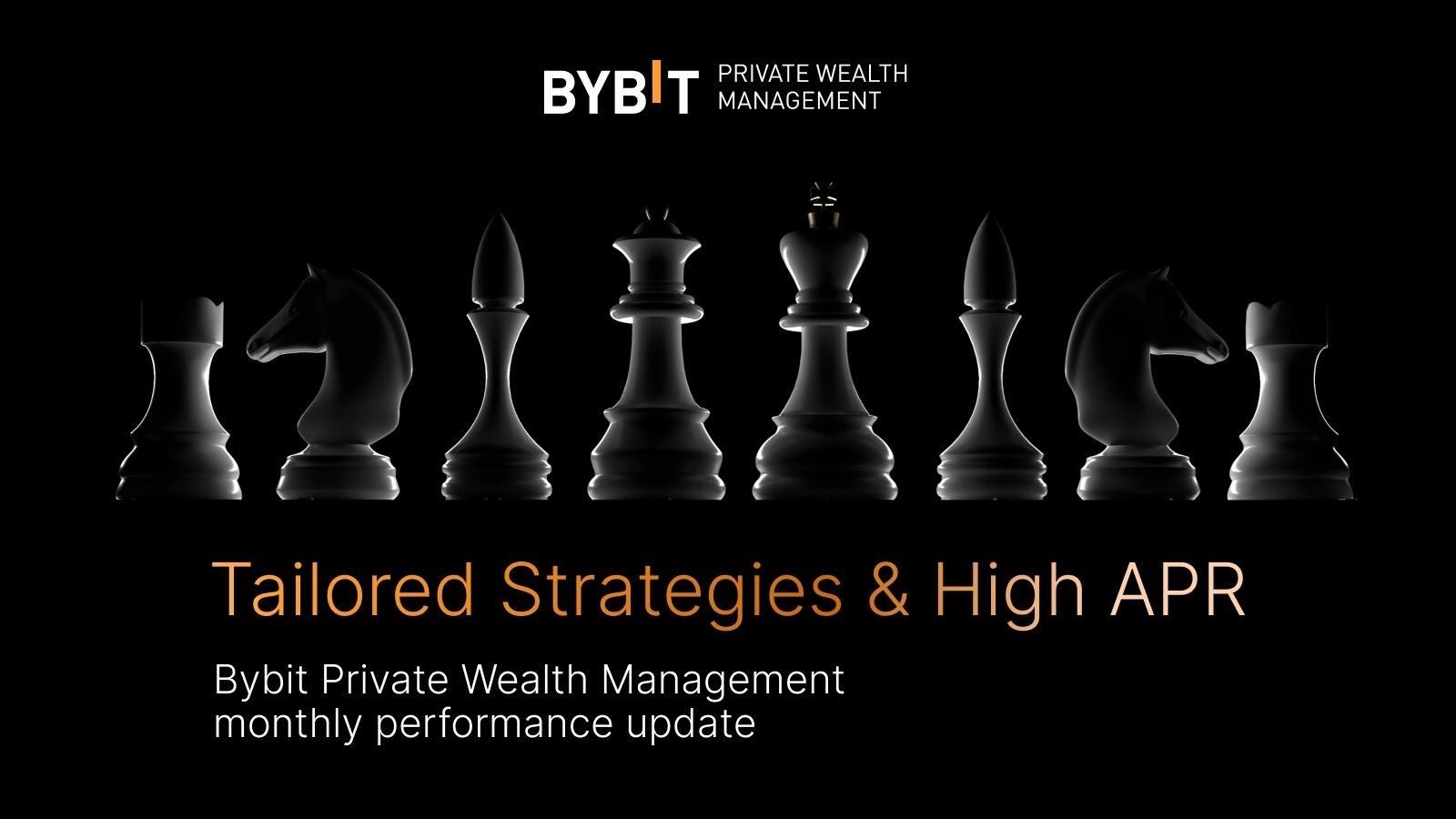A DeFi Aggregator is a powerful platform that simplifies and streamlines the process of trading and investing in decentralized finance (DeFi) protocols. In the world of blockchain technology, DeFi refers to a set of financial applications that operate on a decentralized network, such as Ethereum or Binance Smart Chain, without the need for intermediaries like banks or brokers.
The decentralized nature of DeFi allows for greater transparency, security, and accessibility in financial transactions. However, the vast number of protocols and decentralized exchanges (DEXs) can make it challenging for users to navigate the DeFi landscape efficiently. This is where DeFi aggregators come into play.
DeFi aggregators act as intermediaries between users and various DeFi platforms, consolidating information and functionalities into a single interface. By doing so, they provide users with a unified view of the DeFi market, making it easier to compare prices, find the best deals, and execute trades without the need to visit multiple platforms.
One of the key advantages of using a DeFi aggregator is the ability to access the best prices across different DEXs. Aggregators automatically search for the most favorable trading opportunities by scanning various decentralized exchanges and liquidity pools. This ensures that users get the best possible rates and maximize their returns.
Additionally, DeFi aggregators often offer advanced trading features and tools that go beyond what individual platforms provide. These features can include automated portfolio management, yield farming strategies, and even the ability to create custom investment strategies through a drag and drop interface. By incorporating these functionalities, aggregators cater to both novice and experienced users, enabling them to optimize their trading strategies and achieve their financial goals.
For example, let’s say you want to invest in a specific cryptocurrency by leveraging different protocols. Without a DeFi aggregator, you would need to manually navigate each platform, compare prices, calculate gas fees, and execute multiple transactions. This process can be time-consuming and prone to errors. However, with a DeFi aggregator, you can simply input the desired investment amount and the aggregator will automatically find the best combination of protocols and execute the trades on your behalf, saving you time and effort.
Another significant benefit of DeFi aggregators is their user-friendly interface. They are designed to provide a seamless and intuitive user experience, making it easier for beginners to participate in the DeFi ecosystem. The drag and drop features, visual representations of complex protocols, and simplified trading strategies empower users with limited technical knowledge to engage with DeFi and harness its benefits.
Although DeFi aggregators offer numerous advantages, it is essential to be aware of the potential drawbacks. One such drawback is the gas fees associated with using aggregators. Gas fees are the transaction costs required to execute operations on the Ethereum network, and they can vary depending on network congestion and the complexity of the transaction. As DeFi aggregators interact with multiple protocols and execute multiple transactions, the gas fees may be higher compared to using individual protocols directly. However, some aggregators have implemented solutions such as gas tokens or gas cubes to mitigate these fees and provide cost-saving options for users.
Overall, DeFi aggregators play a crucial role in simplifying and democratizing access to decentralized finance. They bridge the gap between the complex DeFi ecosystem and users, empowering them to make informed investment decisions and leverage the full potential of DeFi protocols.
About the Author:
Hsuan-Ting Chu, the founder and CEO of DINNGO exchange and CEO of Furucombo, is a serial entrepreneur with extensive experience in startups, particularly in building new business models in the financial field.














